FG targets N62,000 Minimum wage, govs want N57,000
The Federal Government may be on a collision path with governors and the business sector after agreeing to pay a minimum salary greater than N60,000.According to Nigerianwatch research, while the Federal Government may be willing to accept N65,000 as the new minimum wage, governors and the organized private sector are opposed to paying more than N60,000. They emphasized that any value exceeding N57,000 might not be sustainable.
According to insiders, the governors' main argument is that accepting a minimum salary above N57,000 would leave the states with little for developmental projects because they would have to pay a big portion of their resources to workers.
However, the negotiations for a new minimum wage are far from complete, with Organised Labour and the Federal Government continuing to make offers and counter-offers.
Organised Labour, which includes the Nigeria Labour Congress and the Trade Union Congress, has rejected the Federal Government's offer to pay N60,000 as a new minimum wage.
The Organized Labour also shifted ground from its N497,000 position last week to N494,000.
Organised Labour, which includes the Nigeria Labour Congress and the Trade Union Congress, has rejected the Federal Government's offer to pay N60,000 as a new minimum wage.
The Organized Labour also shifted ground from its N497,000 position last week to N494,000.
A prominent member of the Tripartite Committee for the Negotiation of a New Minimum Wage for Nigerian Workers told The NigerianWatch that the Federal Government and Organised Private Sector side of the talks proposed an N60,000 monthly minimum wage on Tuesday, up from N57,000 last week when the committee met.
Last week, the government and OPS recommended N48,000 and N54,000, both of which were rejected by Organised Labour.
Meetings
The organised labour had proposed N615,000 as the new minimum wage, but found grounds to reduce their demand to N497,000 last week and then to N494,000 on Tuesday.
The committee's most recent meeting, however, was stalemate since deliberations ended without a consensus on what to pay as the new minimum wage.
The labour unions said the current minimum wage of N30,000 could no longer cater to the well-being of an average Nigerian worker, lamenting that not all governors were paying the current wage award, which expired in April 2024, five years after the Minimum Wage Act of 2019 was signed by former President Muhammadu Buhari.
FG’s proposal unsubstantial – Ajaero
Last week, the government and OPS recommended N48,000 and N54,000, both of which were rejected by Organised Labour.
Meetings
The organised labour had proposed N615,000 as the new minimum wage, but found grounds to reduce their demand to N497,000 last week and then to N494,000 on Tuesday.
The committee's most recent meeting, however, was stalemate since deliberations ended without a consensus on what to pay as the new minimum wage.
The labour unions said the current minimum wage of N30,000 could no longer cater to the well-being of an average Nigerian worker, lamenting that not all governors were paying the current wage award, which expired in April 2024, five years after the Minimum Wage Act of 2019 was signed by former President Muhammadu Buhari.
FG’s proposal unsubstantial – Ajaero
NLC President Joe Ajaero slammed the government's new proposals as 'unsubstantial'. "It is still not substantial compared to what we need to get a family moving," the labor leader said of the country's current N30,000 wage for workers.
"The workers' economy has been completely decimated. In truth, the workers do not have an economy. I believe the country has two economies: the bourgeoisie's and the workers'. "I believe we need to coordinate this so that we can have a meeting point," Ajaero remarked.
Strike
Unions went on strike across the country on Monday because their demands had not been met.
Although the strike was short-lived, it anchored economic activity in The country.
"The workers' economy has been completely decimated. In truth, the workers do not have an economy. I believe the country has two economies: the bourgeoisie's and the workers'. "I believe we need to coordinate this so that we can have a meeting point," Ajaero remarked.
Strike
Unions went on strike across the country on Monday because their demands had not been met.
Although the strike was short-lived, it anchored economic activity in The country.
The strike, which began on Monday, was organized to protest the Federal Government's inability to adopt a new minimum wage by May 31, as well as its failure to reverse the increase in electricity rates.
According to The NigerianWatch, during a six-hour meeting with the leadership of Organised Labour in Abuja on Monday night, the Federal Government expressed President Bola Tinubu's intention to increase the N60,000 minimum salary.
The document read, "The President of Nigeria, Commander-in-Chief of the Armed Forces, is committed to establishing a National Minimum Wage higher than N60,000; and the Tripartite Committee will convene daily for the next week to finalise an agreeable National Minimum Wage."
Organized labor also pledged to "immediately hold" meetings of its organs to examine this new offer, and no worker would be victimised as a result of engaging in the industrial action."
These resolutions were signed on behalf of the Federal Government by Mohammed Idris, Minister of Information and National Orientation, and Nkeiruka Onyejeocha, Minister of State for Labour and Employment.
Why can't governors pay the N65,000 minimum wage?
Governors, on the other hand, accused the Federal Government of giving in to labor pressure without carefully considering the practicality of paying states more than N60,000.
While speaking with our correspondent under anonymity, a governor from the south complained how he would spend vast sums of money to pay less than 200,000 civil servants in the state, which accounted for less than 5% of the population.
According to Saturday NigerianWatch studies, rage is higher among players in the Organised Private Sector.
Governors, on the other hand, accused the Federal Government of giving in to labor pressure without carefully considering the practicality of paying states more than N60,000.
While speaking with our correspondent under anonymity, a governor from the south complained how he would spend vast sums of money to pay less than 200,000 civil servants in the state, which accounted for less than 5% of the population.
According to Saturday NigerianWatch studies, rage is higher among players in the Organised Private Sector.
"The FG has literally shaved our heads during our absence. Despite our formal representations, they were not allowed to return to us for serious consultation," said a manufacturer in Lagos who requested anonymity.
Though governors, local governments, and the Organized Private Sector oppose the N60,000, a member of the FG negotiation team stated that the Federal Government was willing to uphold its commitment of a sum more than 60,000.
"Actually, the FG's position is that we can pay as much as N65,000, because the President believed in a quick and amicable solution," the member told our correspondent on the condition of anonymity.
Documents viewed by our correspondent with one of the governors who is a member of the bargaining team illustrate the fragile financial situation. The position of the states and their incapacity to pay anything more than the N57,000 requested by the private sector.
Though governors, local governments, and the Organized Private Sector oppose the N60,000, a member of the FG negotiation team stated that the Federal Government was willing to uphold its commitment of a sum more than 60,000.
"Actually, the FG's position is that we can pay as much as N65,000, because the President believed in a quick and amicable solution," the member told our correspondent on the condition of anonymity.
Documents viewed by our correspondent with one of the governors who is a member of the bargaining team illustrate the fragile financial situation. The position of the states and their incapacity to pay anything more than the N57,000 requested by the private sector.
The secretariat of the Nigeria Governor's Forum produced a document titled 'Comparative Analysis of States Gross Allocation Between Subsidy and Non-Subsidy Regimes (January - December 2023)', which indicated the gross income received by states from the Federation Account.
A table in the document displays the States Gross Allocations, including receipts from Statutory Allocation, Value Added Tax, Electronic Money Transfer Levy, Exchange Gain, and Augmentations, as of the subsidy regime's inception and the non-subsidy regime's implementation in 2023.
Many states received more allocation in the second half of the year under the post-subsidy system than when the subsidy regime was in place. According to the NGF, this was owing to a spike in the 13% derivation in the first half of the year, followed by a decrease in the 13% derivation in the second half.
As shown in the table, only Akwa Ibom, Bayelsa, Delta, and Rivers states received higher allocation in the first half of the year compared to the second half of the year under the non-subsidy regime.
Meanwhile, Abia's gross allocation before subsidy elimination (January-June 2023) was N38.7 billion. After subsidies, it climbed by 20% to N46.30 billion.
Adamawa received N38.380 billion before subsidies, which grew by 22% to N46.803 billion.
Surprisingly, the gross allocation for Akwa Ibom has decreased by 33. percent to N125 billion from N185 billion (prior to subsidy elimination).
Anambra's allocation increased by 15% to N53.603 billion. Bauchi's allocation also increased by 21%, reaching N53.937 billion.
Delta (-26%), Rivers (-12%), Bayelsa (-20%), and Akwa Ibom (-33%).
The remainder witnessed a growth of at least 20%, with the exception of Edo (4%), Ondo (3%), and Anambra (15%).
Another paper obtained by our correspondent, titled "Analysis of State FAAC Inflows and State Expenditures Profile" from the NGF secretariat, revealed that several states were not viable and may be unable to afford the minimum wage requested by Organised Labour.
Based on the table, Abia's total Revenue totaled N94 billion. After paying salaries, the state will face a gap of more than N17 billion.
Ekiti, with a total allocation of N79 billion, would face a shortfall of more than N13 billion after deducting N93 billion in recurring spending.
Gombe would have a N7.6 billion imbalance after paying a recurrent cost of N82 billion against a total receipt of N74 billion.
Imo would have a shortfall of more than N2.2 billion after paying a recurrent expenditure of N97 billion against its entire revenue of N95 billion.
Furthermore, Katsina, with a total revenue of N90 billion, would have a N15 billion gap after deducting N106.26 billion in recurring expenditures.
Oyo State would have a N2.6 billion shortfall after paying N152 billion in recurring expenditure out of a total allocation of N149.4 billion.
Other states with deficits include Plateau (N17.01 billion); Sokoto (N3.440 billion); Yobe (N18.720 billion); and Zamfara (N27.369 billion).
N60,000 is unsustainable - NGF.
Meanwhile, the Nigeria Governors' Forum issued a public disclaimer in response to the FG's offer, which it branded as "unsustainable".
The NGF, in a statement issued by its acting Director of Media and Public Affairs, Halimah Ahmed, expressed worry that if the N60,000 minimum wage were implemented, many states would devote their entire budget on salaries, leaving no funding for development initiatives.
The statement said in part, "The Nigeria Governors' Forum agrees that a new minimum wage is necessary. The forum also sympathizes with labor unions in their efforts to raise salaries.
"However, the forum asks all parties to consider the reality that the minimum wage talks include consequential Adjustments are made across all cadres, including pensioners. The NGF encourages parties involved in this critical conversation to consider more than just signing a document; any deal reached should be sustainable and reasonable."
The NGF urged all parties involved in the negotiations, particularly labor unions, to consider all socioeconomic aspects and reach a durable compromise.
Uzodinma's committee is nearing agreement on a new pay.
Meanwhile, Hope Uzodimma, Governor of Imo State, stated that the Tripartite Committee on Minimum Wage was close to reaching an agreement on a new national minimum wage.
He revealed this after emerging from the committee's meeting on Friday, which lasted more than 12 hours.
"We had a very productive deliberation, and of course you I understand it is a technical subcommittee of a committee.
"And at the committee level, we have gained near-consensus, and by the time we get to the plenary, we will have perfect agreement, and perhaps the media can begin their work. "I believe we are better off now than we were before," Uzodimma stated.
He noted that the committee had just completed their numerous unit meetings and had now moved on to the plenary, where they were anticipated to harmonise their decisions and, hopefully, arrive at a figure.
'Retract anti-worker statements.'
Meanwhile, the NLC chastised the Secretary to the Government of the Federation, George Akume, for terming Monday's shutdown of the national grid as A strike is "treasonable felony and economic sabotage."
While dismissing the SGF's allegations, the NLC claimed that the former Benue State Governor's statements clearly revealed his nature.
According to Benson Upah, the NLC's Head of Information and Public Affairs, those who loot our treasury across the country, divert public resources meant for hospitals and schools, engage in foreign exchange round-tripping, pad budgets and inflate contracts, and steal trillions of Naira in the name of subsidy are the true economic saboteurs who commit treasonable felony.

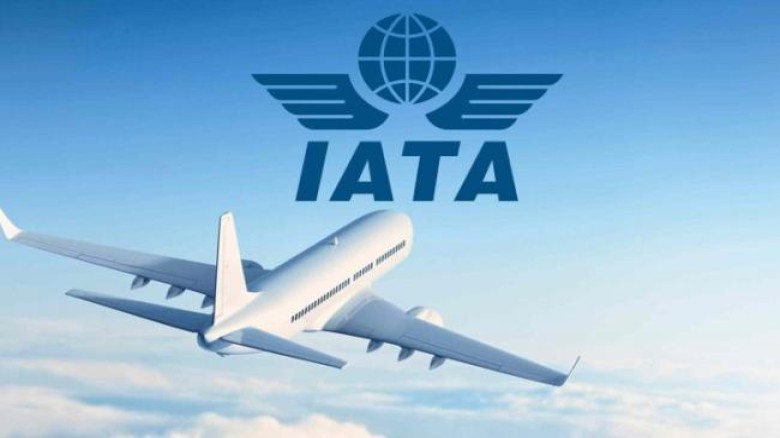
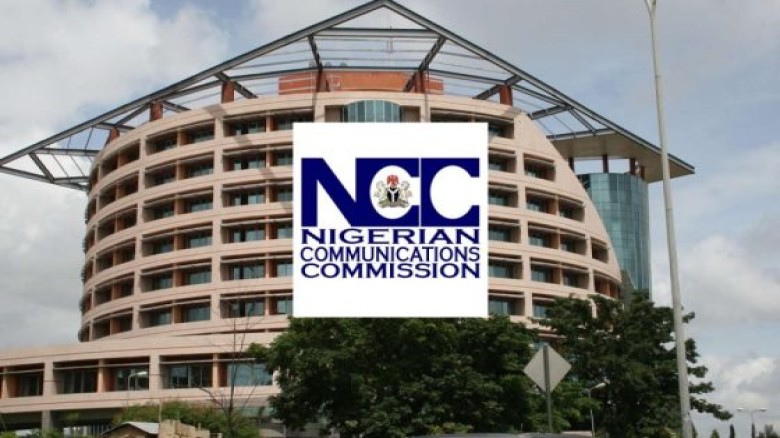
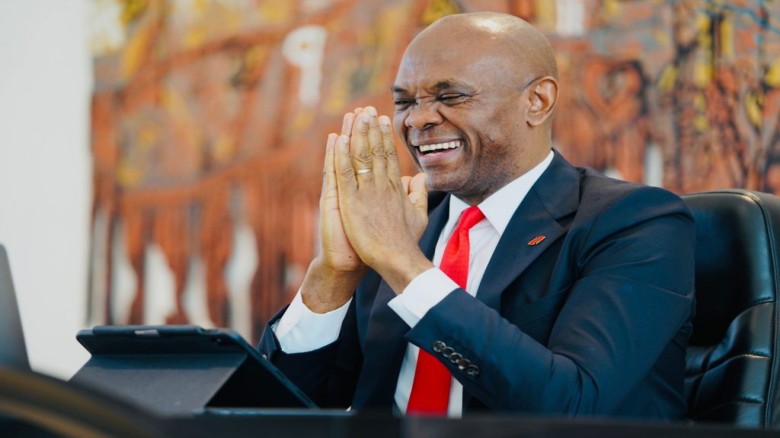
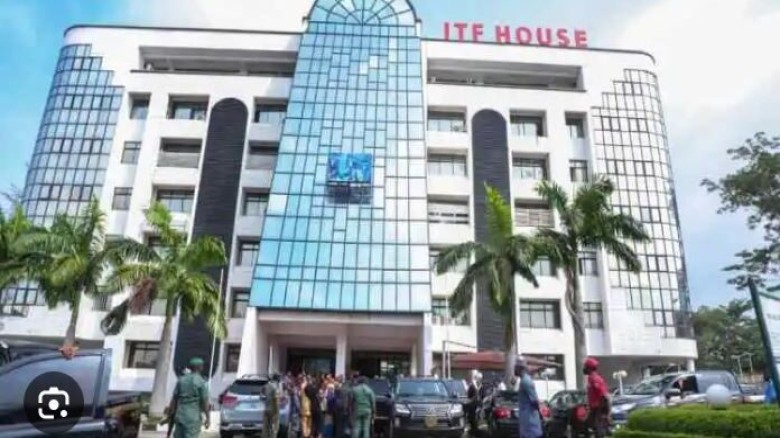
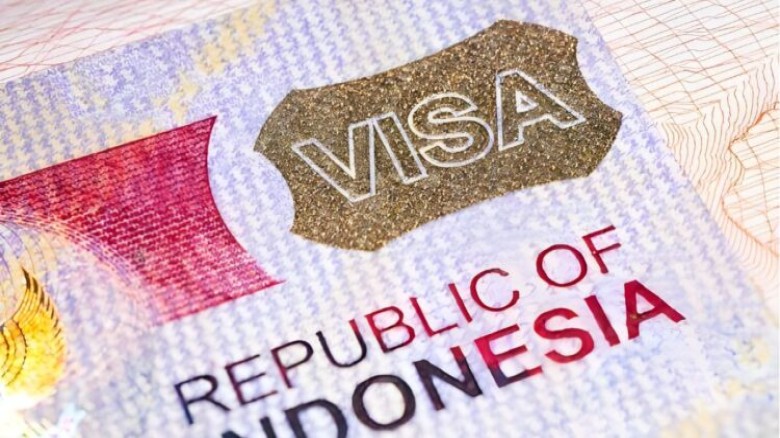







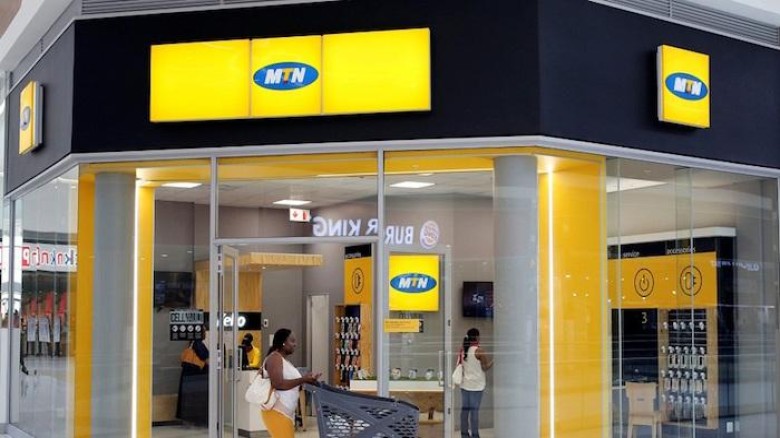










Leave A Comment